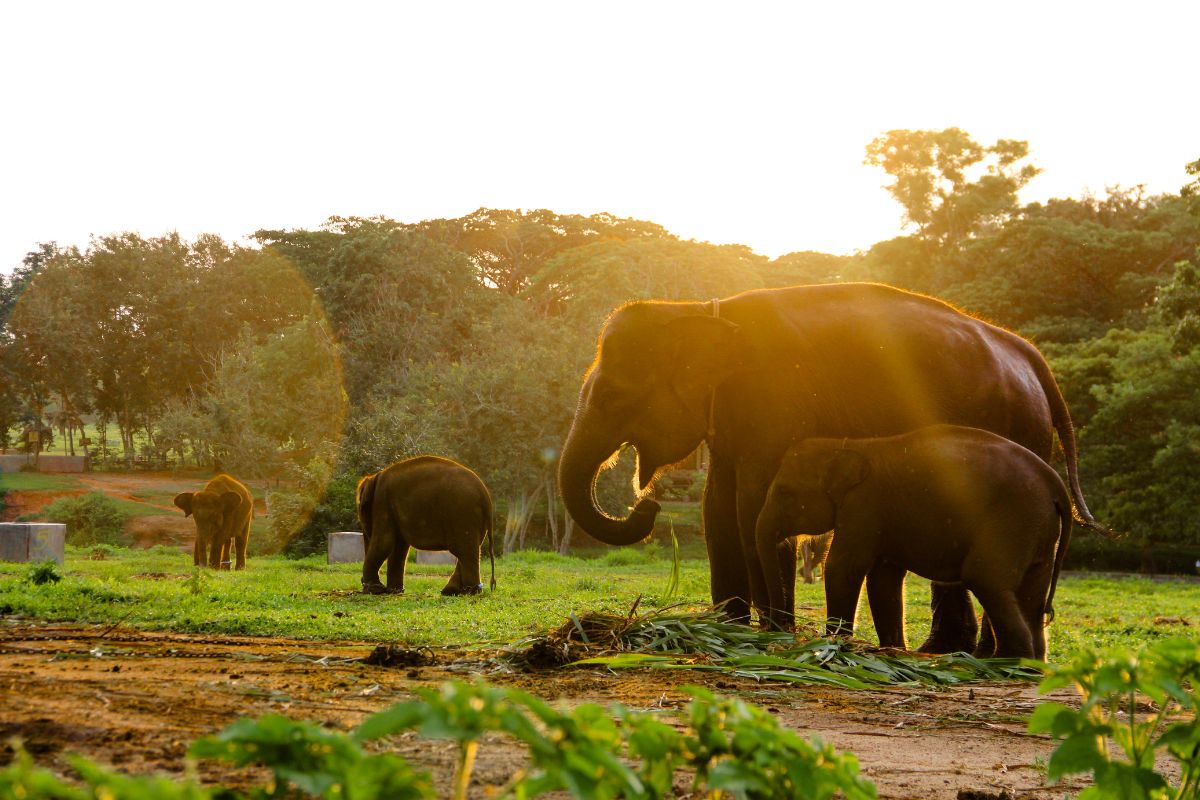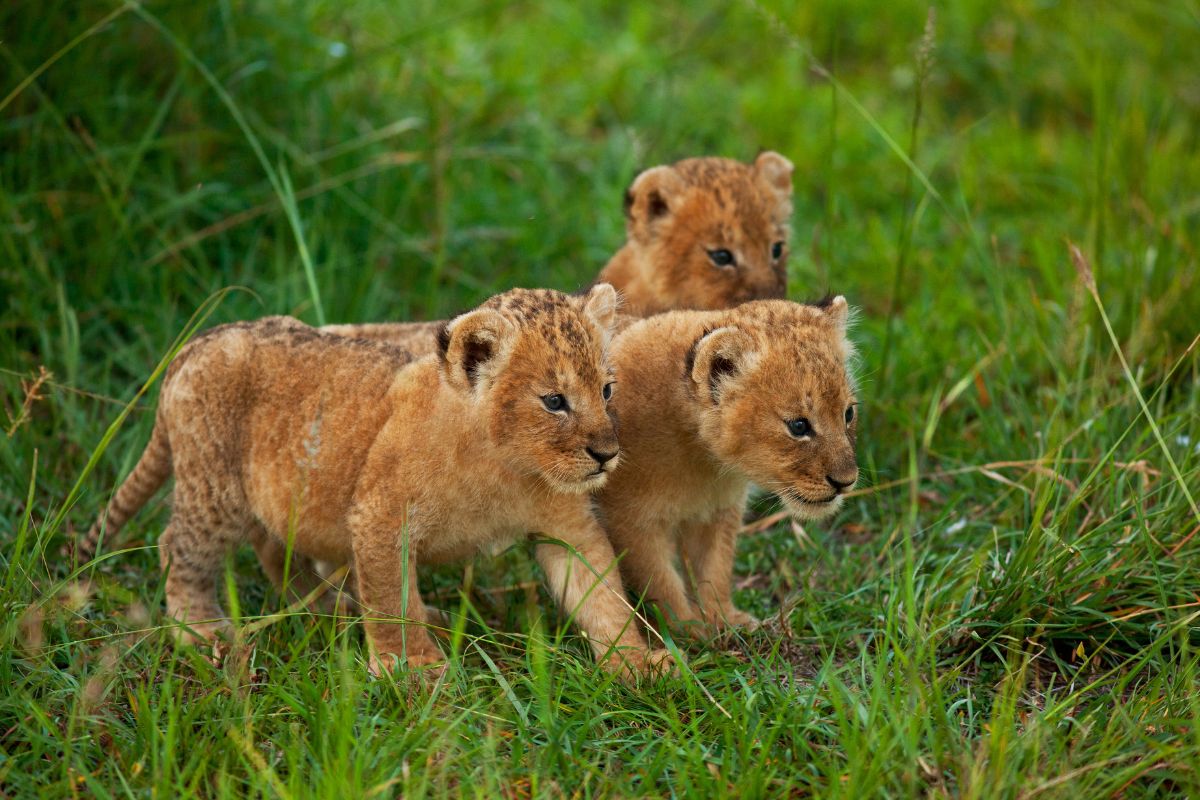Humans have always been fascinated by wildlife- the roaring of the lions, the stalking of tigers for their prey, the majestic movement of elephants, and the sonorous voices of birds, It’s more reasons why zoos always welcome visitors as we all want to share our love for animals with loved ones.
It’s amazing to co-exist with different species and enjoy the wonders of the earth. But what happens if wildlife is going into extinction? That is where wildlife conservation comes in, fighting to protect this important part of the planet.
“Not only does wildlife demonstrate diversity and the beauty of the earth, plants, and animals also help in pollination, pest control, purification of water, and many more. They are like nature’s superheroes, ensuring we live in a beautiful and healthy environment, Kamil Pyciak explains.
We live dependent, inseparable from each other. Hence, it becomes important more than ever that the wildlife be protected. Kamil Pyciak walks you through how human activities have affected wildlife and why it should be conserved.
How Human Activities Has Affected Wildlife
Various human activities have had a huge effect on wildlife. And as the population continues to grow, the effects continue to increase. Here are some of the ways these activities have affected wildlife:
- Habitat Loss and Fragmentation: lands are required for agriculture, urbanization, and development and this sometimes requires clearing the forest to get it done. However, it destroys and fragments wildlife habitats, leading to habitat loss and isolation.
- Overexploitation: Overhunting, overfishing, and illegal wildlife trade have driven many species to the brink of extinction.
- Pollution: Air, water, and soil pollution can contaminate food sources, disrupt ecosystems, and harm wildlife directly.
- Climate Change: Rising temperatures and more frequent extreme weather events are altering habitats and affecting wildlife distribution and behavior.
- Introduction of Invasive Species: Non-native species can outcompete native wildlife for resources, prey on them, or introduce diseases.
Benefits of Conservation of Wildlife

Protecting wildlife offers numerous benefits to both humans and the environment. Here are some of the key reasons why wildlife conservation is essential:
- Ecosystem Services: Wildlife plays a crucial role in maintaining healthy ecosystems. As said earlier, they help pollinate plants, disperse seeds, control pests, and regulate water cycles. These ecosystem services are essential for human well-being and economic prosperity.
- Biodiversity: Wildlife contributes to the incredible diversity of life on Earth. Biodiversity is essential for the stability and resilience of ecosystems, and it provides a wealth of resources for human use, such as food, medicine, and genetic materials.
- Scientific Research: Studying wildlife helps us understand the natural world and develop new technologies and medical treatments. For example, studying the behavior of animals can inspire new engineering designs, and understanding the genetics of endangered species can help develop conservation strategies.
- Cultural and Recreational Value: Wildlife provides us with inspiration, beauty, and recreational opportunities. Spending time in nature has been shown to have numerous benefits for mental and physical health.
- Economic Benefits: Wildlife tourism and conservation efforts can generate significant economic benefits for local communities and countries. Protecting wildlife can also help to preserve valuable natural resources that support sustainable economic development.
How to Conserve Wildlife
There are different ways to conserve wildlife and we all have a role to play in ensuring these wonderful creatures do not go into extinction, Kamil Pyciak says. For one, the habitat needs to be restored and protected.
This can be done by establishing national parks, wildlife sanctuaries, and other protected areas to safeguard habitats. Those that have undergone degradation need to be restored through activities like reforestation, wetland restoration, and erosion control.
There should also be monitoring of the wildlife populations to be proactive towards any threats. Kamil Pyciak says there should be law enforcement efforts at work to combat illegal hunting, poaching, and wildlife trafficking.
Role of Government in Conservation of Wildlife

Governments play a crucial role in wildlife conservation. They can enact and enforce laws and regulations that protect wildlife and their habitats, allocate resources for conservation efforts, and promote public awareness about the importance of protecting biodiversity. Here are some key roles of governments in wildlife conservation:
- Policy Development and Implementation: Governments can develop and implement policies that address the root causes of wildlife threats, such as habitat loss, illegal wildlife trade, and pollution. These policies can include laws protecting endangered species, regulations governing hunting and fishing, and incentives for sustainable land use practices.
- Law Enforcement: Governments can enforce wildlife conservation laws through dedicated agencies and law enforcement personnel. This includes investigating and prosecuting wildlife crimes, such as poaching and illegal wildlife trade.
- Resource Allocation: Governments can allocate resources for wildlife conservation efforts, including funding for protected areas, research, education, and community-based conservation programs.
- Public Awareness and Education: Governments can raise public awareness about the importance of wildlife conservation through education campaigns, public outreach programs, and media engagement. This can help to foster a sense of responsibility and stewardship among citizens.
- International Cooperation: Governments can collaborate with other countries to address global wildlife threats, such as illegal wildlife trade and climate change. This can involve signing international agreements, sharing information, and coordinating conservation efforts.
By taking these actions, we can all help to ensure the long-term survival of wildlife and the health of our planet.




